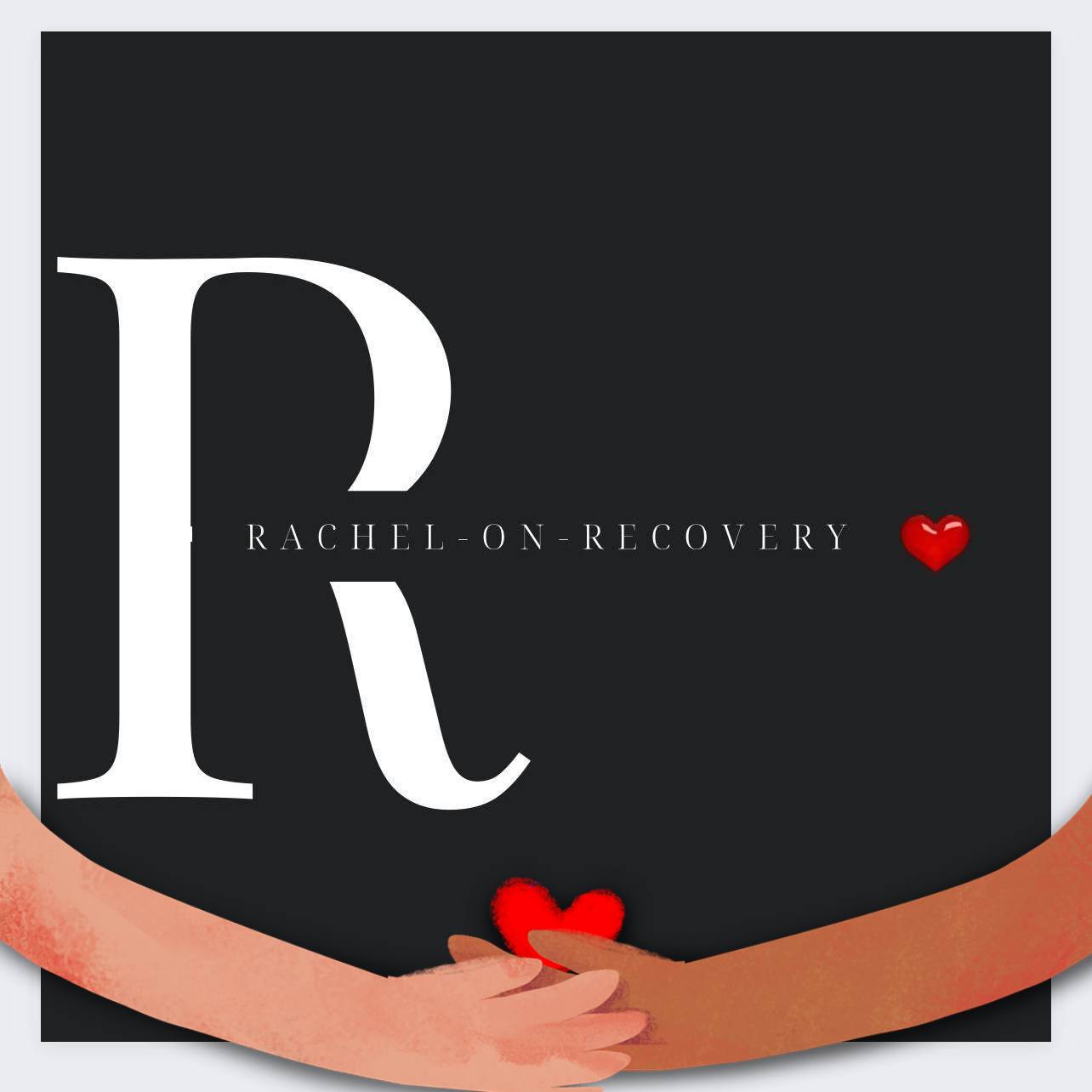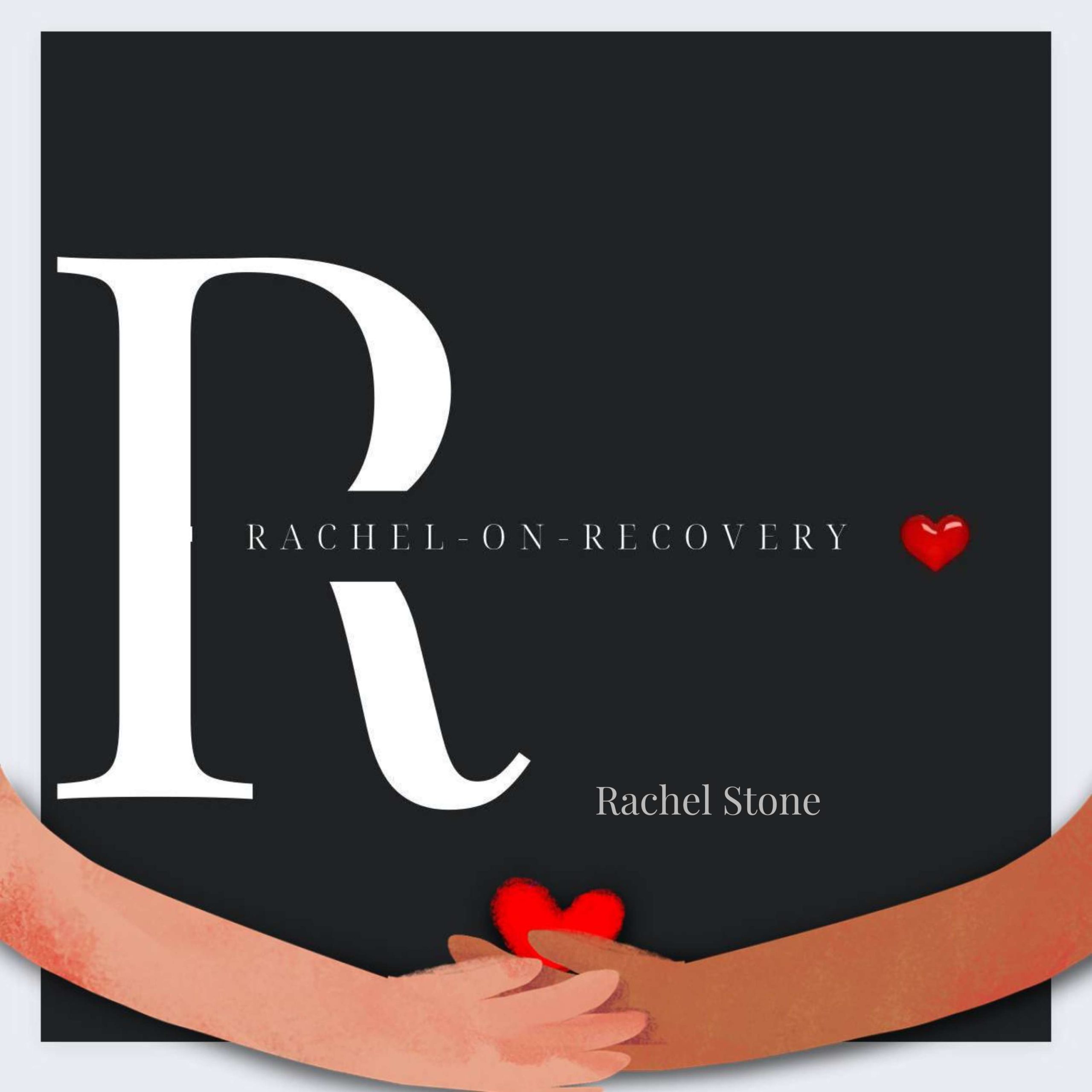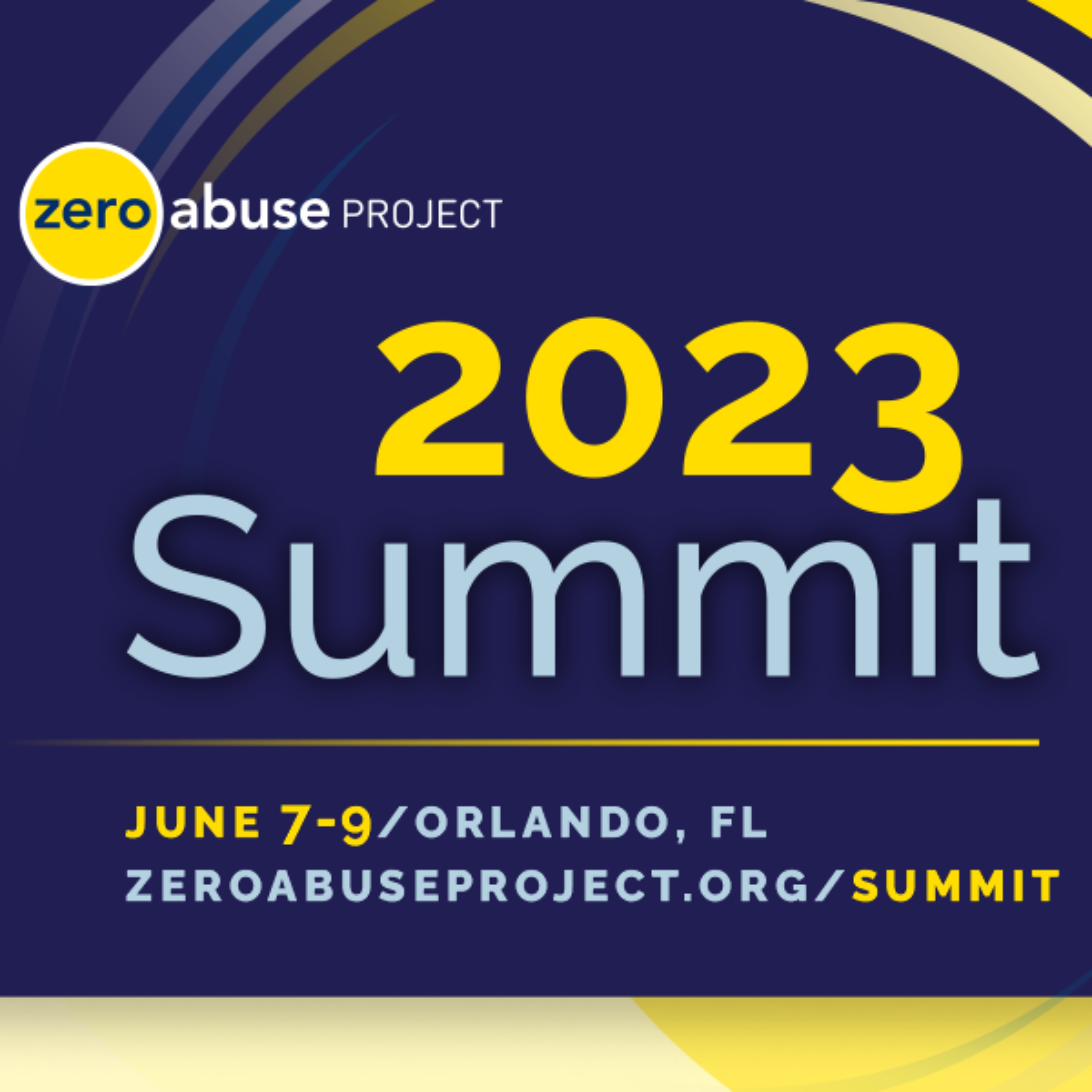Episode Transcript
[00:00:00] Speaker A: Hi.
[00:00:00] Speaker B: This is Rachel recovery. We're here with TJ Butler, and she's going to tell us a little bit about herself and then she's going to answer some questions for us.
[00:00:08] Speaker A: Hi there. Thank you so much for having me.
[00:00:11] Speaker C: Tell us a little bit about what you've been up to with your writing and just who you are as a person.
[00:00:17] Speaker A: So, my name is TJ Butler, and I've recently written a short story collection. It's out now. It's called dating silk. Maxwell And I've been saying when people ask what's the story collection about, I've been saying it's badass short stories for people who have seen some shit and lived to tell about of these, many of the stories have scenarios that are drawn from my real life. And I wrote the stories really to control the trauma narrative because I was a victim for many things many times in my life, whether it was through family or just things I put myself, things I did to myself because I just didn't know any better. And I wanted to be able to control what happened to the characters. And another thing I did was gave the characters agency and a voice when I didn't have one. And so I have completed a collection that I think will really resonate with people who have been through some things and people whose lives are not perfect, but maybe now they own their mistakes and they own their traumas and they're working on their healing. And I just want them to know that they're not alone in this.
[00:01:34] Speaker C: Fair enough.
So we're going to just give an overview. TJ is a survivor of having a borderline mother, undiagnosed officially, and an abusive father, ranging from sexual abuse to physical abuse to emotional abuse.
And she's going to answer some questions for us.
When did you realize there's something was not right with your mom?
[00:02:04] Speaker A: So I realized something wasn't right with my mother in my 40s, during my childhood. I left my mother's house at 13 when she put me into social services custody. And I believed I was the problem. And I grew up really trying to be good enough into my adult years, trying to be good enough that I could win her approval and she would let me come home from foster home from foster homes, even though being an adult, that wasn't really a thing, but I just developed a thing where I needed her approval. And so I didn't know that she was the problem. I always thought that I was the one that was acting out and I was the one who, quote unquote, caused all the family problems. So it was very late in life, just within the last couple of years, that I finally realized it wasn't me, it was the family dynamic and her.
[00:03:06] Speaker C: Okay.
How has your mother's Bpd affected your education?
[00:03:14] Speaker A: So I think that going into foster care was a fix for a lot of things. My mother coming from being a boomer. Her aspirational job that she wanted for me and my sister was to be a secretary. So she has a high school education. And when I was growing up, she worked in kitchens, and then later she worked in retail. And there was no college.
And when I was in elementary school, going to school was really important. My sister and I were those kids that never missed a day of school, even when we were sick, partially because she just couldn't afford to take a day off work to stay home with us. And so education wasn't really a big deal. But when I entered the foster care system, they make you go to school and they push college on kids that are aging out, because college is so often seen as a way out of poverty and how to remove yourself from being a statistic. So my mother probably hindered my education, and being in foster care was what showed me that education was important.
[00:04:34] Speaker C: Okay, what have you done to recover from being abused?
[00:04:40] Speaker A: So I started in about 2017, and I estranged myself from my mother. And since then, I have found ACOA, and I've been two therapists on and off. I'm seeing one.
So my biggest AHA moment in recovering from the abuse and it hasn't been forgiving her, because that's really something that I do myself. It is realizing that she is a flawed human being.
People are flawed in various ways, some more than others. And just realizing that the person who was the instrument of my creation was very flawed, maybe shouldn't have had kids or maybe or obviously should have made a lot of better decisions. So I'm working on myself, like I said, with ACOA and therapy.
[00:05:39] Speaker C: Okay, what was the catalyst that started you on the path of healing in your recovery?
[00:05:46] Speaker A: So I spent most of my adult life trying to gain my mother's approval. And in 2017, she sent me a text. She'd text me a picture of myself as a flower girl in a relative's wedding. And it was full of white lace and flowers. And she said, oh, look how cute you were. And I had a pause, and I realized that little girl in the picture had no idea what was coming for her. We moved in with her boyfriend when I was six, and I was probably seven or eight when that picture happened. And things started getting bad when I was maybe nine. And so I was just crushed thinking about how that little girl didn't know about the abuse that was coming. And then I thought about the foster care, and then I thought especially about when I aged out of foster care at 18 without any family support, the drugs that I got into, I was taking my clothes off for money, and I didn't feel like I could do better. So I spent until 30 essentially taking my clothes off for money and not having a real job and realizing that she was the cause of this because she did nothing to protect me. And when the chips came down to it, she just put me in custody rather than moving away and trying to save me. And so it was at that moment in 2017 when I realized my entire relationship with her was based on trying to get her approval. And I thought she's never, quote unquote, going to take me home from foster care. She's never going to approve of me enough to fill a hole that is deep and wide and bottomless. And that was when I realized I can't have this relationship anymore. And I'm always very black and white. I have a hard time with gray things.
And I thought, I just can't. And so it was at that time that I cut off context.
Right before that, I tried to explain there was abuse and all of these things. Remember those? And she said to me, that was a long time ago. What do you want me to do about it now? And at that I thought, we're having different kinds of relationships with each other. And so then I thought, okay, I have to be done with this. And that was the estrangement.
[00:08:26] Speaker C: Okay, what do you wish you would have known at the start of your healing journey?
[00:08:33] Speaker A: I wish I would have started my healing journey a lot sooner. I wish I would have known that.
That's a tough one. I wish I would have known that was more valuable as a human being. I found out pretty late, and I have a really supportive husband, but again, I have this hole to fill, and no person, no mother, no husband can ever fill it. And so I wish that I had maybe created some boundaries with being aware that this hole I have is just pretty deep, and it's going to take a lot of work on myself and work on hard work on my part to figure this out.
[00:09:19] Speaker C: Okay, did you have much of a community? And if you did, how did they respond when you talk out about this?
[00:09:28] Speaker A: So as far as community and in school, when I was in junior high, things were really bad at home, and I was also getting bullied pretty badly. And so I used to go to the guidance counselor to avoid classes where the mean girls were, and I had so much family stuff to talk about, but guidance counselors are not there for that, so they would always send me back to school. A social worker came once, and during times of physical violence, I would black out. And so younger when I was younger, when the police came, we would have just had a physical altercation, and I couldn't always remember the details. And so I have this Swiss cheese memory for so much of my childhood, and the social worker didn't do anything because I failed to give her much details about, except somebody hits me and people yell, and things are said in the house that shouldn't be. But as I mentioned earlier, I didn't know that I was not the problem, and so I didn't really have much community intervention until I was just completely taken out of the house, and then I had social workers and staff and group homes, and so that's a community in and of itself.
[00:11:00] Speaker C: Okay, was there any revictimization or victim blaming?
[00:11:05] Speaker A: I think that the most clear thing I can point to is my mother saying, oh, that was a long time ago. What do you want me to do about that now? Which she had said more than once over the years. And when I estranged myself, my family took sides, and it wasn't mine. My mother is a really good, helpless victim, and all through my life, if somebody's done something to her or she feels slighted, she has just gotten on the phone and called her friends and called my aunts and uncles and talked about how she's being victimized. And so when I estranged myself from her, shortly after that, she went to the hospital, and I didn't rush to her bedside, and I didn't even actually know about it.
But my family has taken sides, and I'm doing something to my mother. My nephews have said that I'm not speaking to my mother, so they're not speaking to me. So I have lost family relationships, and they've made it clear that if I go back to my mother, I can be in the family again. My mother moved during this period of time and didn't tell me, and I guess that's fine, because she thinks if I'm not talking to her anyway, why tell me she's moving? But it was just really weird to find out. So I don't know if I'm a victim or if I'm strong enough to say these things have happened to me and they're crappy, but I need to live my life. Well.
[00:12:49] Speaker C: I mean, victim blaming is more on the lines of somebody saying that was your fault, it's your fault that the family fell apart, or your fault.
[00:13:04] Speaker A: Okay. Yes. So during the times of physical violence, when I was younger, junior high age, and hit puberty, and a little earlier than that, when the physical violence started, my little sister would drink back and hide in our shared bedroom. And I was an early reader, and I was a writer even back then, and I would I guess the adults called it sass back. So if her boyfriend said something to me that was just a crappy thing you don't say to a child, I would give it right back to him. And then when the physical violence started, I hit back. And when my mother was physically abusive, I would hit back. And so the whole problem was me. And when I was I was taken out of the home specifically because I couldn't live there if she was still living with him. But I was supposedly the entire reason that the family was messed up. And so I went through most of my life being that black sheep with all of my relatives, and my mother has purported that I was the cause of it all. And that doesn't go away in a family of aunts and uncles and cousins.
[00:14:26] Speaker C: Yeah, no, that can be really debilitating.
How would you say this impacted your career? I know you talked about getting into adult entertainment and all of that.
[00:14:39] Speaker A: I would say that it impacted so with the adult business, I didn't know how to be valuable to somebody unless I was using my body and I was just trying to fill this hole with men. And when I realized, when I stumbled into getting money for taking my clothes off, I was being approved by them and they were telling me good things about myself. And as a young person at 18, I didn't realize that they weren't telling me things, they were telling the fact they were saying it because I'm allowing them to pay me to take my clothes off. And so I stuck with that for years. And then at some point I was 30 and I realized I need to go to school and get a job, but I didn't have any sort of real job that I could put on a resume for a long time. And so at 30 I was an entry level office worker with coworkers that were straight out of college. So it was tough for a couple of years and I am in my late forty s now, so I'm well beyond that. But it was hard when I quit the whole business making $100 an hour or sometimes more. I got a job at Whole Foods making $12 an hour and it was a rude awakening trying to pay my rent and have a car and all of these things. I was accustomed to not without having the same amount of money. So I had to sell my car and at one point I went to a food.
[00:16:37] Speaker C: Okay.
How did this impact your dating life?
[00:16:44] Speaker A: I got attention from men by being promiscuous. And I went with a lot of men that were probably not with me because I was a kind human being and I didn't have healthy relationships until I was well into my thirty s. I met my husband late. I met him as a model and we've never had a photo shoot together or anything like that. But it was not until I met my husband that I realized I'm valuable to men for more than my looks.
So I had terrible relationships, a lot of flings, a lot of short lived relationships, and I also was promiscuous at twelve years old. I lost my virginity at twelve and when I was in foster care for 13 to 18, they don't allow you to date. So I had a series of a couple of years of being promiscuous, and then I was not in the dating pool at all during my high school years. And so when I came out, I didn't have approval of my mother. And I was also aged out of the foster care system without any support. So I had a lot of bad relationships that just left me feeling kind of empty and like I wasn't valuable for anything except taking my clothes off.
[00:18:16] Speaker B: Thanks for listening to Rachel and Recovery. We'll be back next week at ten a.
[00:18:20] Speaker A: Am.
[00:18:20] Speaker B: With the rest of TJ's story and she's going to tell us a little bit more later. Always follow us on your favorite social media platform and podcast platform and always subscribe to us on YouTube. If you have any questions, reach out to rachelrecovery.com. Thanks.


